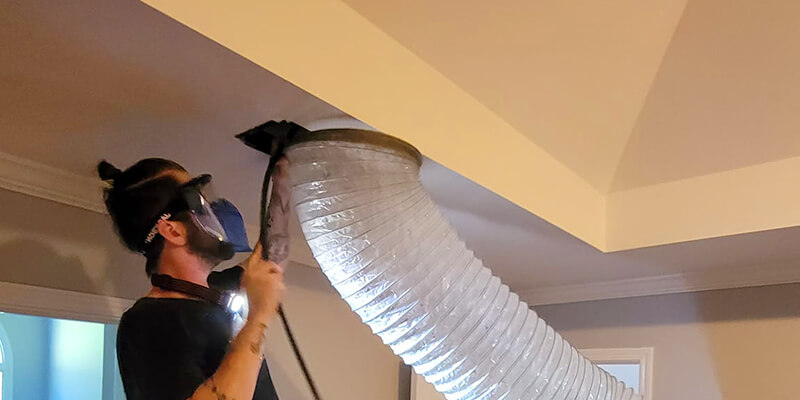How long does an HVAC system last is a common question among both homeowners and business owners. Your HVAC system is a significant investment in your property, and understanding its longevity is crucial for planning maintenance and replacements. Typically, the lifespan of an HVAC system ranges from 15 to 25 years, but several factors can influence this timeframe.

Factors Affecting HVAC System Longevity
1. Quality of Installation
The initial installation quality of an HVAC system plays a crucial role in how long it will last. Proper installation ensures the system operates efficiently and reduces the likelihood of premature failures.
2. Regular Maintenance
Regular maintenance is key to extending your HVAC system’s life. This includes routine inspections, cleaning, and timely repairs. Neglecting maintenance can lead to decreased efficiency and an increased risk of system breakdown.
For more insights on maintenance, read about duct cleaning.
3. Usage Patterns
How often and how hard you use your HVAC system directly affects its lifespan. Systems that run continuously or are set at extreme temperatures tend to wear out faster.
4. Environmental Factors
The environment in which your HVAC system operates also impacts its longevity. Factors such as humidity, dust, and the presence of corrosive substances can significantly reduce the system’s lifespan.
5. System Type
The type of HVAC system you have (e.g., central air conditioners, furnaces, heat pumps) also influences how long it will last. For example, furnaces generally have a longer lifespan compared to air conditioners.
Average Lifespan of Different HVAC Systems
1. Central Air Conditioners
Central air conditioners typically last between 15 to 20 years. Regular maintenance and moderate use can help maximize this lifespan.
2. Furnaces
Furnaces usually have a longer lifespan, often ranging from 20 to 30 years. Gas furnaces tend to last longer than electric ones due to their robust components.
3. Heat Pumps
Heat pumps have an average lifespan of 10 to 15 years. Since they operate year-round for both heating and cooling, they experience more wear and tear compared to other HVAC systems.
Signs Your HVAC System Needs Replacement
It’s essential to recognize the signs that your HVAC system may need replacement to avoid unexpected breakdowns and ensure comfort in your property.
Increased Energy Bills
If you notice a sudden spike in your energy bills, it could indicate that your HVAC system is no longer operating efficiently and needs replacement.
Frequent Repairs
Frequent and costly repairs are a clear sign that your HVAC system is nearing the end of its life. In many cases, replacing the system is more cost-effective than continually repairing it.
Inconsistent Temperature Distribution
If certain areas of your home or office are consistently too hot or too cold, it may be a sign that your HVAC system is struggling to distribute air evenly and may need replacement.
Unusual Noises
Loud or unusual noises coming from your HVAC system can indicate serious issues. These noises often signal that the system’s components are wearing out and may need replacement soon.
Tips to Extend Your HVAC System’s Life
1. Regular Maintenance
As mentioned earlier, regular maintenance is essential. Schedule annual inspections and cleanings to keep your system in top shape.
2. Change Filters Frequently
Changing air filters regularly prevents dust and debris from clogging the system and ensures optimal airflow.
Learn more about the importance of flushing your HVAC system.
3. Use a Programmable Thermostat
A programmab le thermostat helps regulate your HVAC system’s use, reducing wear and tear by preventing unnecessary operation.
le thermostat helps regulate your HVAC system’s use, reducing wear and tear by preventing unnecessary operation.
4. Keep the Area Around the Unit Clean
Ensure the area around your HVAC unit is free from debris, plants, and other obstructions to maintain optimal airflow and system efficiency.
FAQs
1. How often should I service my HVAC system?
It’s recommended to service your HVAC system at least once a year.
2. What is the average cost to replace an HVAC system?
The average cost to replace an HVAC system can range from $5,000 to $10,000, depending on the system type and property size.
3. Can I extend the life of my HVAC system on my own?
While DIY maintenance tasks like changing filters are beneficial, professional inspections and servicing are crucial for extending your HVAC system’s life.
Learn more about the myths surrounding air duct cleaning.